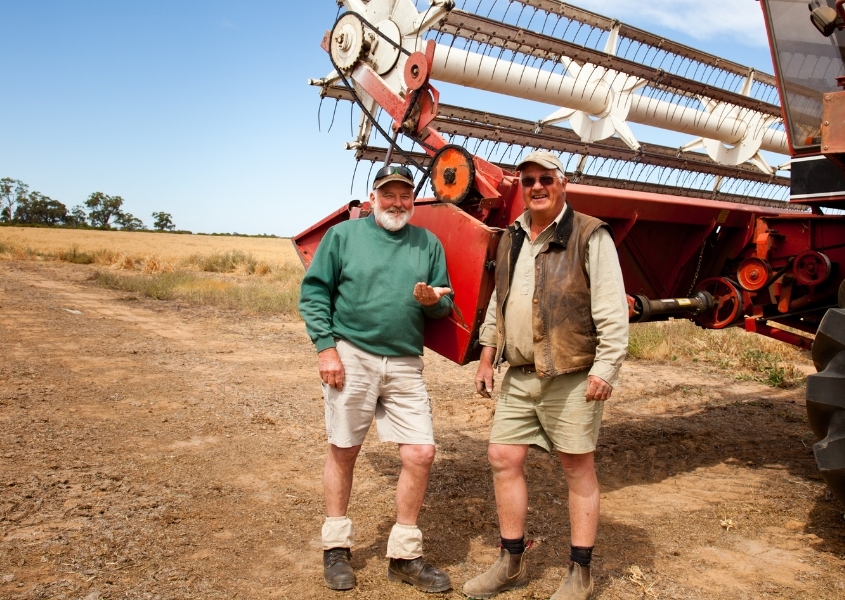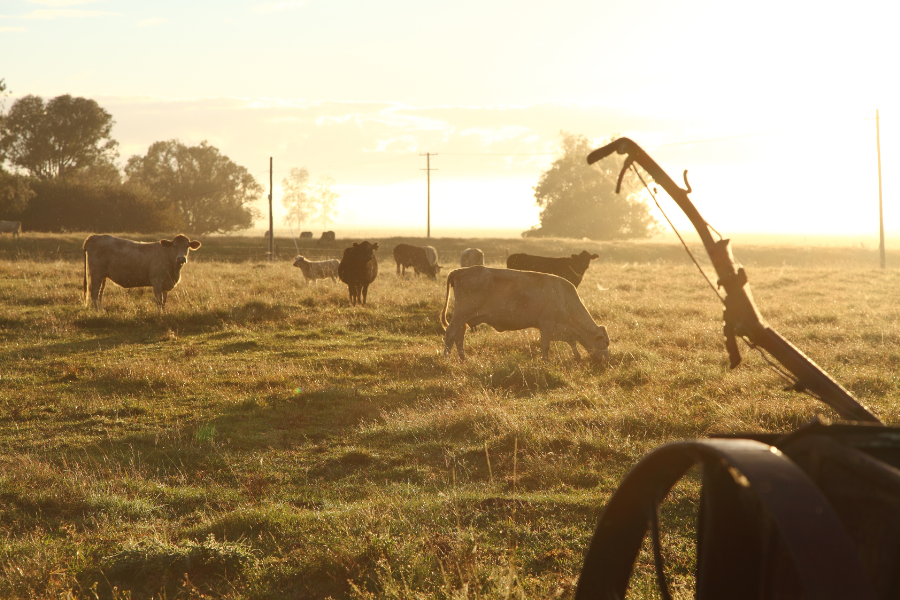As a farmer, your life revolves around nurturing the land, crops, and livestock. But have you ever paused to consider the value of nurturing yourself? Personal development isn’t just a corporate buzzword—it’s a transformative tool that can elevate your farm’s success and bring balance to your life. Let’s explore why personal growth matters, practical strategies to embrace it, and how it leads to a more fulfilling farming journey.
Reaping the Rewards of Personal Development
Farming challenges are no longer limited to the physical. Farmers today face increasing complexity in decision-making, technology adoption, and team management. Here’s how personal development bridges the gap:
Personal development yields more than just individual benefits—it strengthens your farm, enhances productivity, and improves your well-being. Whether it’s sharpening communication skills to better manage teams or staying informed about the latest farming practices, investing in yourself pays unbeatable dividends.
Here’s what personal development can help you achieve:
- Improved Problem-Solving: Tackle challenges with confidence and creativity.
- Stronger Communication: Foster better collaboration with family, employees, and stakeholders.
- Reduced Stress: Manage burnout effectively, creating a more enjoyable and sustainable farming experience.
- Innovative Thinking: Stay ahead by learning and adopting cutting-edge agricultural techniques.
Remember, the better you become as a person, the better you’ll show up in your life—and the more your farm will thrive. Personal development isn’t just about you—it’s about your farm’s future as well.
Unleashing Your Potential: Practical Steps
Imagine the power of clear communication or the time saved by mastering modern farming tools. These aren’t distant dreams; they’re achievable milestones with personal development. Here’s how to start:
- Leverage Resources: Read non-farming books, listen to podcasts, and follow personal development blogs for insights tailored to your personal needs.
- Attend Workshops: Learn from industry experts and peers.
- Seek Mentorship: Partner with a coach who understands farming challenges and can guide your growth.
- Engage with Learning Communities: Join farmer networks to exchange ideas and experiences.
Key Focus Areas for Personal Development
Farm success doesn’t just rely on hard work—it hinges on intentional growth in these areas:
- Leadership Skills: Guide your team with confidence, build stronger relationships, and make sound decisions.
- Communication: Ensure seamless collaboration with employees, suppliers, and customers.
- Self-Awareness: Reflect on your strengths and areas of improvement to become a better decision-maker.
- Time Management: Prioritise tasks and free up time for what truly matters.
- Emotional Intelligence: Navigate stressful situations with calm and empathy.
You can’t pour from an empty cup. Investing in yourself is the smartest decision you’ll ever make for your farm and your family.

Personal Development
Overcoming Common Barriers
Time and resource constraints are familiar hurdles for farmers, but they’re not insurmountable. Here’s how you can make room for personal growth:
- Schedule Time for Yourself: Dedicate even 30 minutes a day to learning or reflection.
- Use Affordable Tools: Explore free or low-cost resources tailored for farmers, like Enable Ag’s learning portal.
- Seek Accountability: Work with a mentor or coach who can keep you on track and help you prioritise your goals.
Why Mentorship is a Game-Changer
A mentor doesn’t just provide answers—they help you ask the right questions. At Enable Ag, we connect farmers with experienced mentors who empower them to take control of their time and operations. Whether it’s refining systems or improving mindset, a mentor accelerates your journey to success.
Grow Yourself, Grow Your Farm
The most successful farmers are those who recognise that personal growth isn’t just an add-on—it’s the foundation of their success. By investing in personal development and working with a mentor, you’ll not only thrive on your farm but also find more time for what matters most.
Are you ready to grow? Book a free 15-minute discovery session with our coach to help you overcome challenges, optimise operations, and reclaim your time. Remember, every step you take to grow yourself is a step towards securing your farm’s future.
If you found this article helpful, share it with your network to help others unlock their farming potential. Don’t forget to like and follow us on social media for more insightful tips: Facebook, Instagram, and LinkedIn. Let’s empower more farmers together!


 Enable Ag
Enable Ag


 Enable Ag
Enable Ag
